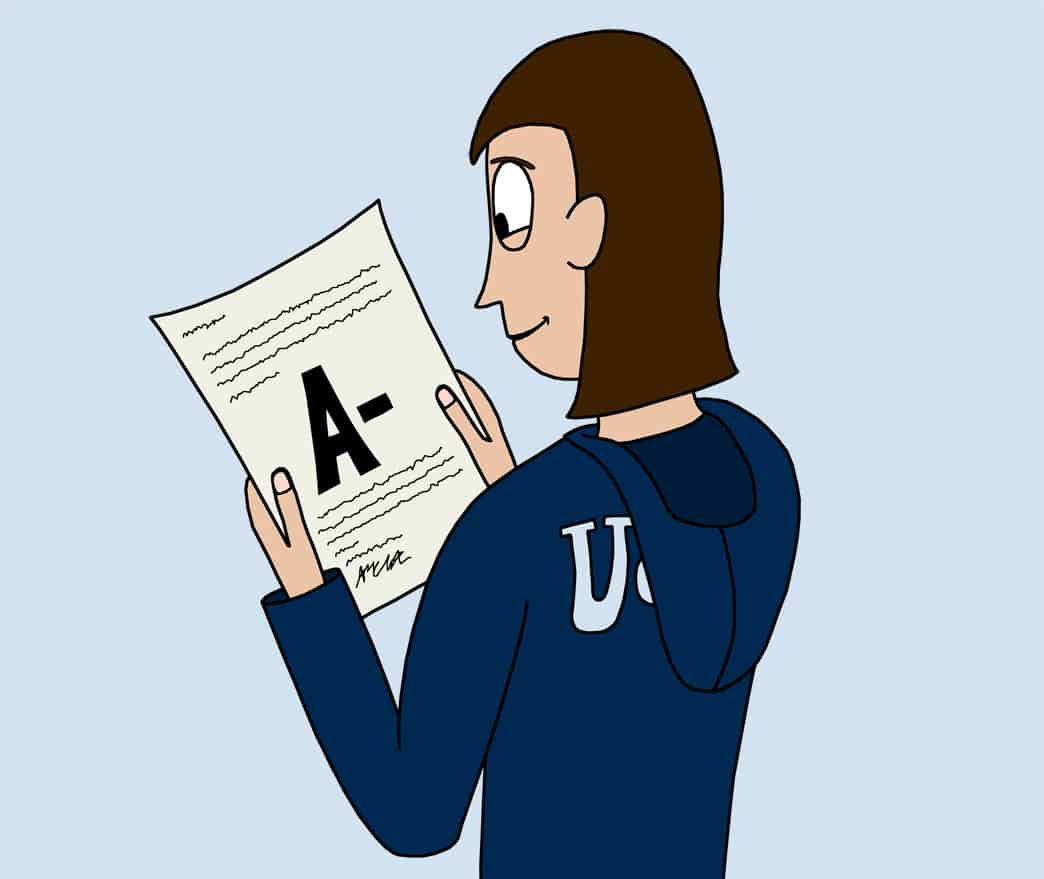The University of Toronto is the only university in Canada to receive an ‘A’ for its written policies on free speech, according to the 2014 Campus Freedom Index.
The index, compiled by the Justice Centre for Constitutional Freedoms (JCCF), a non-partisan registered charity that defends the constitutional freedoms of Canadians through litigation and education, scores universities and student unions on their stated policies and practices defending free speech.
“With 208 grades awarded to 52 campuses, Canada’s universities and student unions in 2014 have received only five ‘A’ grades. Conversely ‘F’ grades were earned 33 times: 14 times by universities, and 19 times by student unions. In total, there are 24 campuses that earned at least one ‘F’, assigned to the university or to its student union,” said John Carpay, JCCF president, and Michael Kennedy, who manages communications and development efforts for the JCCF, in the report.
Last year, 180 grades were awarded to 45 campuses. Of those 180 grades, only six ‘A’ grades were received by Canada’s universities and student unions, along with 32 ‘F’ grades — 13 by universities and 19 by student unions.
This year, U of T received an ‘A’ grade for the third year in a row due to written policies that express the university’s support for free expression on campus, including a prohibition on disrupting the expression of opinions that one may disagree with.
One such written policy, the Purpose of the University, lays out the university’s commitment to free speech. “Within the unique University context, the most crucial of all human rights are the rights of freedom of speech, academic freedom, and freedom of research. And we affirm that these rights are meaningless unless they entail the right to raise deeply disturbing questions and provocative challenges to the cherished beliefs of society at large and of the University itself,” the commitment reads.
Governing Council also maintains an official Statement on Freedom of Speech.
U of T received an ‘F’ grade for its practices of denying equal access to campus space to its pro-life club, and for charging security fees to the University of Toronto Men’s Issues Awareness Society (UTMIA).
The report referenced a lecture hosted by the UTMIA in September 2013, called “Caring about University Men — Why We Need Campus Men’s Centres in a Time of Crisis,” featuring psychologist Miles Groth. According to the report, by charging the UTMIA $964 in security fees to host their lecture, U of T failed to uphold free expression by “effectively pricing controversial expression out of existence.”
Althea Blackburn-Evans, U of T director of media relations, said it is the responsibility of the event organizers to ensure a safe atmosphere for their events, but that campus police must sometimes intervene. “From time to time, events may require the presence of Campus Police officers to ensure that the values espoused in our policies are upheld in a safe manner. According to Blackburn-Evans, the university’s Policy on the Temporary Use of Space and its associated procedures give the university the right to assess additional security requirements and require that Campus Police be present at any event. The costs are usually the responsibility of the group that books the event.
The University of Toronto Students Union (UTSU) also received an ‘F’ grade for, among other things, UTSU-appointed Chief Returning Officer Alex Flor’s decision in last year’s UTSU elections to “[prevent] Team Unite, a slate of candidates running for Executive positions, from hanging posters, launching its website, and sharing its platform, effectively blocking all forms of campaigning.”
“In a campaign that’s less than two weeks long, on a campus with 67,128 undergraduates, the two-day gag order put Team Unite at a grave disadvantage. The incumbent slate, ‘U of T Voice’, won four out of five of the top UTSU executive positions in the election,” the report said.
Alastair Woods, chairperson of the Canadian Federation of Students-Ontario (CFS-O), expressed concern with the grading method used in the report. “In some cases, this report misrepresents the role students’ unions play in the lives of their members. Students’ unions are governed by democratic structures of bylaws and policies decided upon by their membership,” Woods said, adding: “Through these democratic structures, students’ unions may direct their finite resources towards or away from projects as determined by their membership. This report also outlines many incidents that did not occur in this academic year, including examples from as long as six years ago.”
Bollo-Kamara echoed Woods’s sentiment. “The Justice Centre for Constitutional Freedoms objects to the idea of ‘safe space’ and condemns policies that mandate that clubs must be open to all members of the students’ union, such as is stipulated in the union’s clubs policy,” Bollo-Kamara said.
“[T]hroughout the report, students’ unions are condemned for speaking out against homophobia, racism and other forms of oppression on campus. The JCCF claims to unequivocally support free speech on campus, but opposes students’ unions from democratically taking positions on issues or speaking out against hate speech on campus,” she added.
Correction: An earlier version of this article incorrectly said that Michael Kennedy is president of JCCF. In fact, John Carpay is president.


